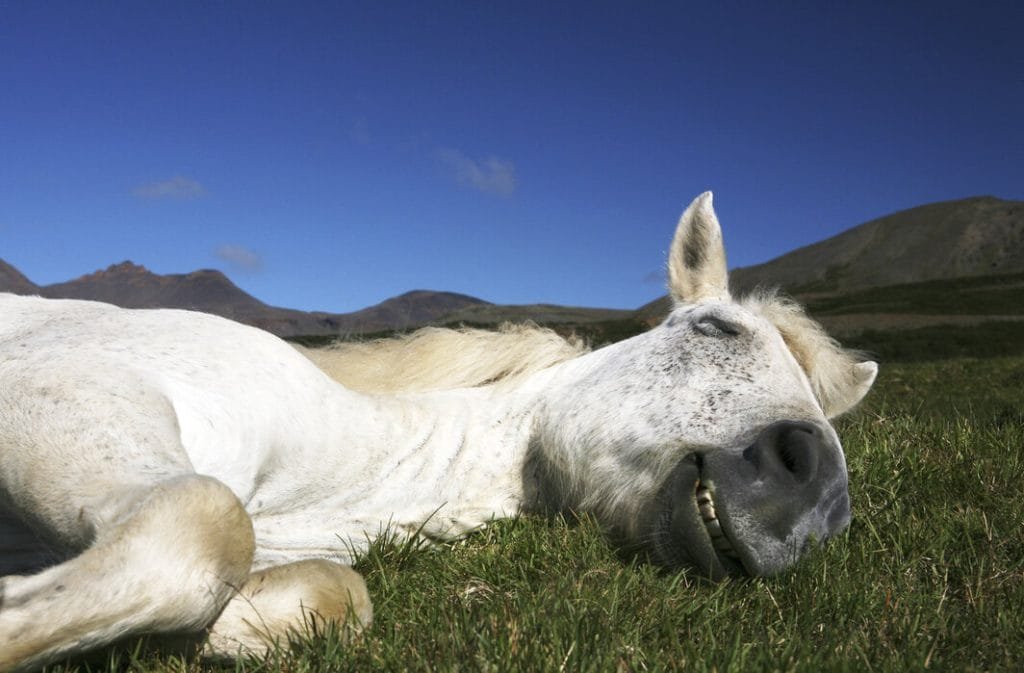Common causes of sudden death in horses can help owners take preventive measures and ensure their horses remain healthy.
while sudden death in horses can be alarming, understanding the common causes and being proactive in their care can help mitigate risks. If you ever suspect your horse is unwell, seek veterinary advice immediately to give them the best chance of recovery. Regular care and observation can go a long way in keeping your horse healthy and happy.
1. Colic
Colic is a term used to describe abdominal pain in horses, and it is one of the leading causes of sudden death. The pain can stem from various issues, such as twisted intestines, blockages, or gas buildup. Horses with colic may show signs of discomfort like rolling, kicking at their belly, or sweating. Colic can progress rapidly, and if not treated promptly, it can lead to severe complications like intestinal rupture, which can be fatal. Immediate veterinary intervention is crucial for managing colic and improving the chances of recovery.
2. Heart Conditions
Just like in humans, horses can suffer from heart problems that may result in sudden death. Common heart conditions in horses include arrhythmias (irregular heartbeats), cardiomyopathy (a disease of the heart muscle), and aortic rupture (a tear in the main artery carrying blood from the heart). Symptoms might include sudden collapse, labored breathing, or a lack of pulse. Heart issues can be challenging to detect early, making regular veterinary check-ups essential for monitoring heart health.
3. Respiratory Problems
Severe respiratory issues can also lead to sudden death. Conditions such as pleuropneumonia (a serious lung infection) or severe asthma (recurrent airway obstruction) can cause sudden respiratory distress. Horses with these conditions might exhibit difficulty breathing, coughing, or nasal discharge. Quick veterinary care is necessary to address these issues, as respiratory distress can escalate quickly.
4. Trauma and Accidents
Horses are large animals and can suffer from accidents or trauma that result in sudden death. This can include falls, collisions, or injuries sustained during turnout or exercise. Internal bleeding from a serious injury might not always be immediately visible but can lead to shock and death. Regular checks of their living environment and safe handling practices can help minimize the risk of accidents.
5. Equine Grass Sickness
Equine Grass Sickness is a rare but often fatal condition that affects the digestive system. It is more common in certain regions and is characterized by a sudden onset of symptoms such as colic, loss of appetite, and a decrease in gut movement. The exact cause of Equine Grass Sickness is not fully understood, but it’s believed to be related to environmental factors or toxins. Horses showing symptoms should receive immediate veterinary attention.
6. Infections
Severe infections can sometimes lead to sudden death if they progress rapidly. Examples include septicemia (a severe blood infection) and tetanus (caused by a toxin produced by bacteria). Symptoms of severe infections may include high fever, lethargy, and rapid deterioration in condition. Prompt treatment with antibiotics and supportive care is crucial for managing infections and preventing severe outcomes.
7. Toxicity
Horses can accidentally ingest toxic plants, chemicals, or substances that can be deadly. Common toxic plants include yew, foxglove, and oleander. Symptoms of poisoning can vary but might include colic, lethargy, and tremors. Knowing which plants and substances are toxic and ensuring they are not accessible to horses can help prevent poisoning. If poisoning is suspected, immediate veterinary care is required.
8. Rhabdomyolysis (Tie-Up)
Rhabdomyolysis, often referred to as “tie-up,” is a condition where muscle tissue breaks down, leading to severe pain and stiffness. It can occur after intense exercise or due to an underlying metabolic issue. Horses with rhabdomyolysis may show signs of muscle pain, difficulty moving, or dark-colored urine. Treatment typically involves rest, hydration, and anti-inflammatory medications, but severe cases can lead to sudden death if not addressed promptly.
Prevention and Awareness
Preventing sudden death in horses involves a combination of regular veterinary care, proper management practices, and vigilance. Routine check-ups can help detect and address potential health issues before they become severe. Providing a safe environment, monitoring for signs of illness, and ensuring horses have a balanced diet can also contribute to their overall well-being.




